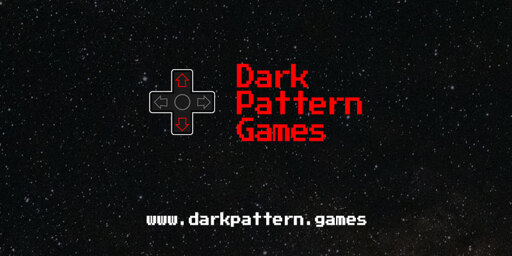Definition: A gaming dark pattern is something that is deliberately added to a game to cause an unwanted negative experience for the player with a positive outcome for the game developer.
Learned about it from another lemmy user! it’s a newer website, so not every game has a rating, but it’s already super helpful and I intend to add ratings as I can!
While as an adult I think it’ll probably be helpful to find games that are just games and not trying to bait whales, I feel like it’s even more helpful for parents.
Making sure the game your kids want to play is free of traps like accidental purchases and starting chain emails with invites I think makes it worth its weight in gold.
EDIT: Some folks seem to be concerned with some specific items that it looks for, but I’ve been thinking of it like this:
1 mechanic is a thread, multiple together form a pattern. It’s why they’ll still have a high score even if they have a handful of the items listed.
Like random loot from a boss can be real fun! But when it’s combined with time gates, pay to skip, grinding, and loot boxes… we all know exactly what it is trying to accomplish. They don’t want you to actually redo the dungeon 100 times. They want you to buy 100 loot boxes.
Guilds where you screw over your friends if you don’t play for a couple days because your guild can’t compete and earn the rewards they want if even a single player isn’t playing every single day? Yeah, we know what it’s about. But guilds where it’s all very chill and optional? Completely fine.
Games that throw in secret bots without telling you to make you think you’re good at the game combined with a leader board and infinite treadmill, so you sit there playing the game not wanting to give up your “top spot”? I see you stupid IO games.
But also, information is power to the consumer.



All I’m commenting on, as a game design researched and professor, is that it’s an established term in a discipline which means something else to those actually within the discipline. These are still patterns, and they can absolutely be harmful patterns, but the terminology is being overloaded and there is some interesting nuance within it.
Also, just to comment on the last quip there, and yes - to those I’ve spoken to, they are okay with those because they (being actively involved in the industry) know more than most people to educate and supervise and ensure that playing games with these patterns doesn’t turn into harmful behaviours. They also call them out for what they are - often, very bad design.
I guess that’s really the line they drew - these patterns are more gray than the examples they presented. Most are good sometimes and terrible other times depending on how it is used. The term “dark patterns” as used professionally refers to always bad, always deceptive, always harmful. I do like having that line, even if it means the dark side is a much smaller subset of the greater space, then you can easily say, “If this uses a single dark pattern, it’s out. If it uses a lot of ‘grey’ patterns, be cautious. If it’s nothing but grey patterns, it’s purely abusive trash.”